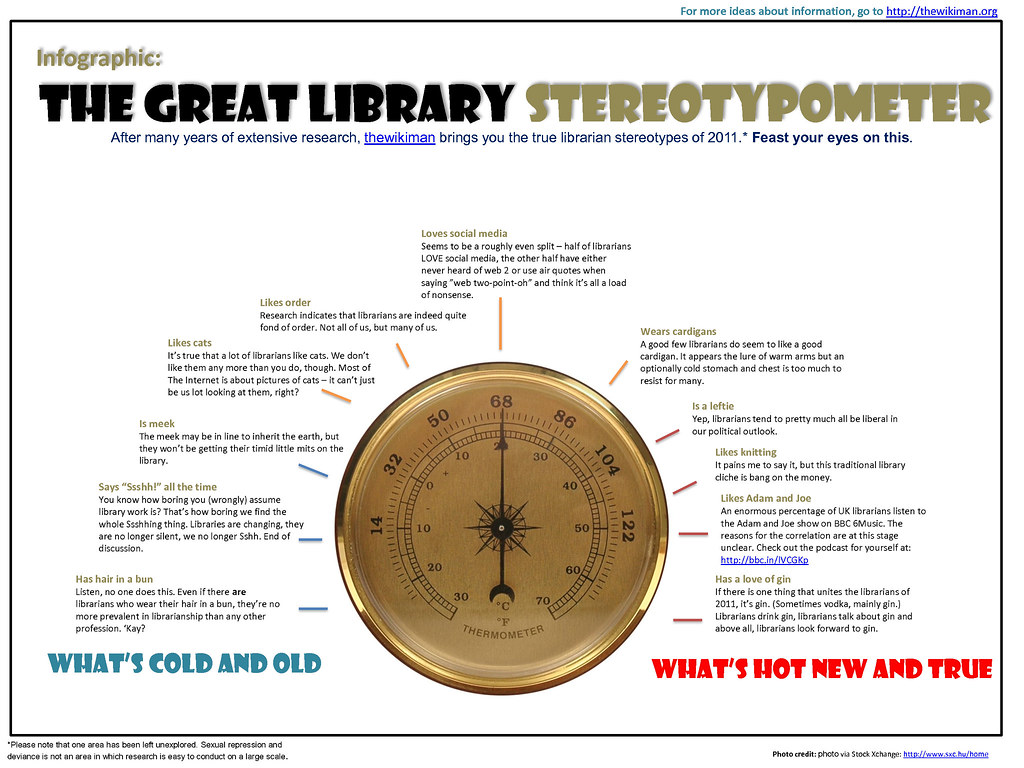Von John Dolan
I was first struck by the number of delegates – over 4,700 – and the scale and complexity of the event. Now here I was in Europe, at and event that would reflect the universal presence of libraries in our lives – in school, college and university, in business, health and government, in kindergarten and across the communities of cities, towns and villages. However, what really mattered was quality. I was not disappointed.
The most important feature – rather like CILIP’s Umbrella conference http://bit.ly/hZFDLy in the UK – was that the event embraced all library sectors and covered all aspects of library and information policy and provision; from technical to technology, from publishing to reading, from conservation to communications, from the physical to the virtual.
In Berlin. Being in Berlin for the first time was a phenomenal experience and I was helped hugely by Wolfgang Kaiser, my conference “mentor” both during the conference and on my weekend stay. We saw many sights – as librarian and tourist.
I went on the evening cycle ride for the Long Night of the Libraries. In contrast to the disturbing memorial to the Nazi book burning by Humboldt University (the guide said they only burnt books from public, not academic, libraries, which I found interesting) was the inspiring terraced interior of the 1995 university library.
From there we visited the Bibliothek am Luisenbad http://bit.ly/qyEwEk, a modernised and extended (1995) historic spa house. Children and families in this predominantly Turkish area are the priority. Staff tell of crowded days, not enough seats, staff and volunteer-supported learning and cultural programmes, partnerships with adult education, health and community workers. It is similar to my experience of UK inner-city library services and with 29 staff and 40 volunteers helping with programmes, though pressured, it is flourishing.
International colleagues reinventing libraries. I was amazed by the Cycling for Libraries group http://bit.ly/aCGSTb – their marathon journey from Copenhagen and their relaxed but persuasive presentation. Above all they – notably, organiser Mace Ojala – exuded a tremendous passion for libraries and the freedoms, learning and cultural experiences that people get from libraries.
Meeting colleagues from other countries is always rewarding; colleagues from developing countries struggle with hardly any resources to bring reading and learning to poor communities; in big western economies supporters advocate for libraries as democratic spaces; libraries are places to learn, community centres, information resources.
I was there because in 2010 I organised a visit to the UK of the DBV Commission for Intercultural Library Services. They came to look at library services for new communities and at the Bibliothekartag published a statement on the library’s role in this area of access and social justice. We hope it will soon be re-launched as a joint statement with CILIP in the UK.
It was a pleasure for me to meet friends and colleagues from the Goethe Institute in New Delhi. I had worked with them on Indian library development. It is typical of the Goethe that they carry the message of the value of libraries across the world (Goethe is supporting a conference in Athens in October Redefining Library Services: Responding to the Economic Downturn http://bit.ly/pQ2yWT ). The joy of the Goethe is that while they promote German language and culture they also invest imaginatively in the quality of life of their host countries.
Regenerating libraries. The power of the Bibliothekartag reminded me of such conferences in the UK about 20 years ago. The LIS community was strong, new communications technologies were emerging, new public and university libraries were opening. The UK has always been active in library innovation. At the moment UK public libraries, in particular, are suffering badly from cuts to public spending with reduced service budgets and threats of library. There are challenges too in other areas such as library services in schools. CILIP our national professional body is working hard advocating for library provision which we all know is fundamental to a free and prosperous society.
I am concerned that in twenty years time libraries in Germany are not suffering like their UK partners. How to avoid this? Libraries are often a resource that underpins other endeavour. Consequently they may be seen as peripheral to the main agenda. Instead our society cannot function without access to credible information and cultural resources that libraries mediate. Ensure that libraries develop a central role in education, lifelong learning, citizen and community information, literature and culture. Libraries are part of national life. Above all do the research to prove it and then promote that message loud and clear to advocates and power-brokers.
To maintain such a critical role librarians must constantly reinvent the library service responding to changing needs with new ideas, exploiting new learning and communications technologies, refreshing resources and renewing the unique and essential skills base of the library professional. What I saw at the Bibliothekartag 2011 was the regeneration of a united industry. I hope it can be shared as a model for other countries.
John Dolan OBE
Birmingham, England
Zum Autor
John Dolan was Head of Library Policy for England and, previously, Head of Birmingham Libraries. He has had an extensive career in UK public libraries and has spoken at many conferences in the UK and elsewhere. John led the early development for the Library of Birmingham http://bit.ly/gg12X9 which opens in 2013. He is now a Trustee of the Chartered Institute of Library and Information Professionals (CILIP). The views expressed here are his own.



